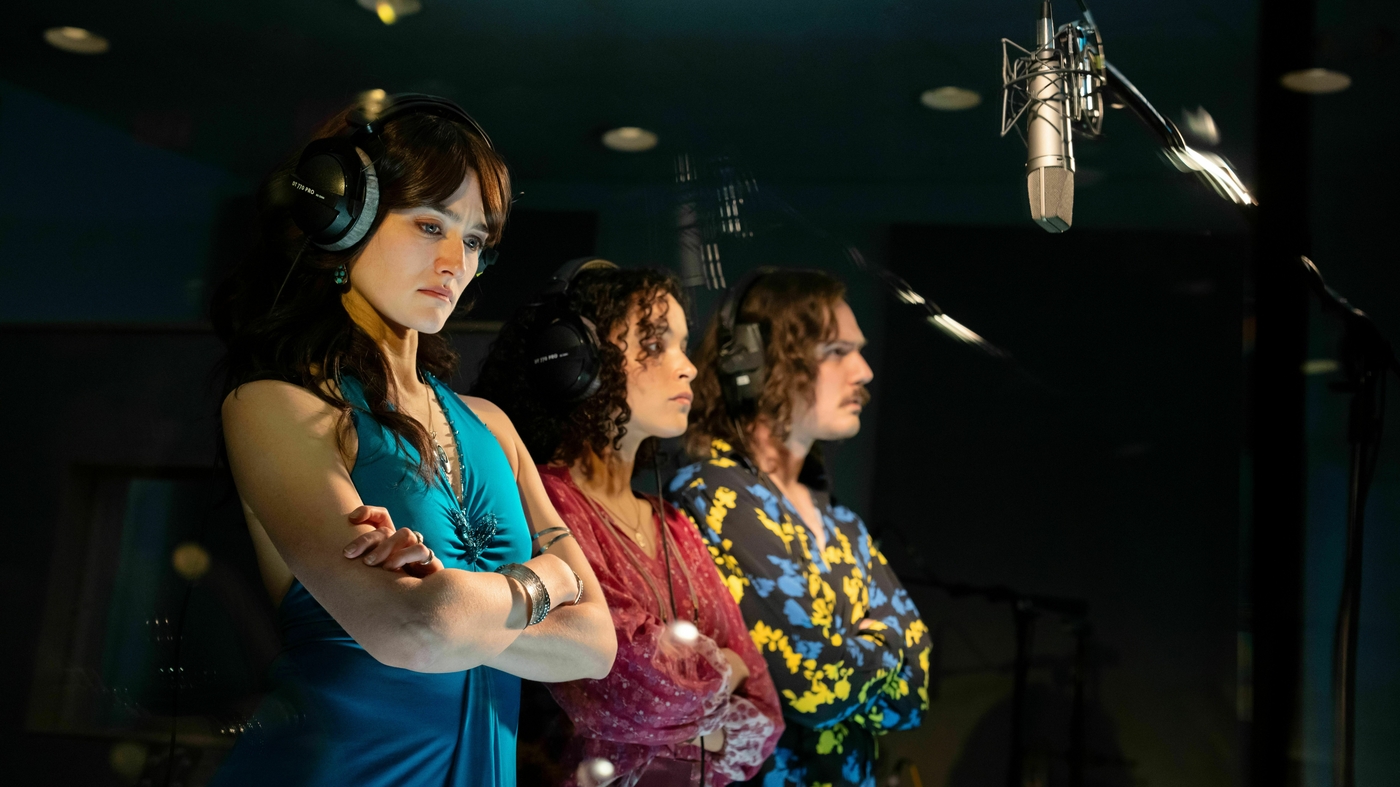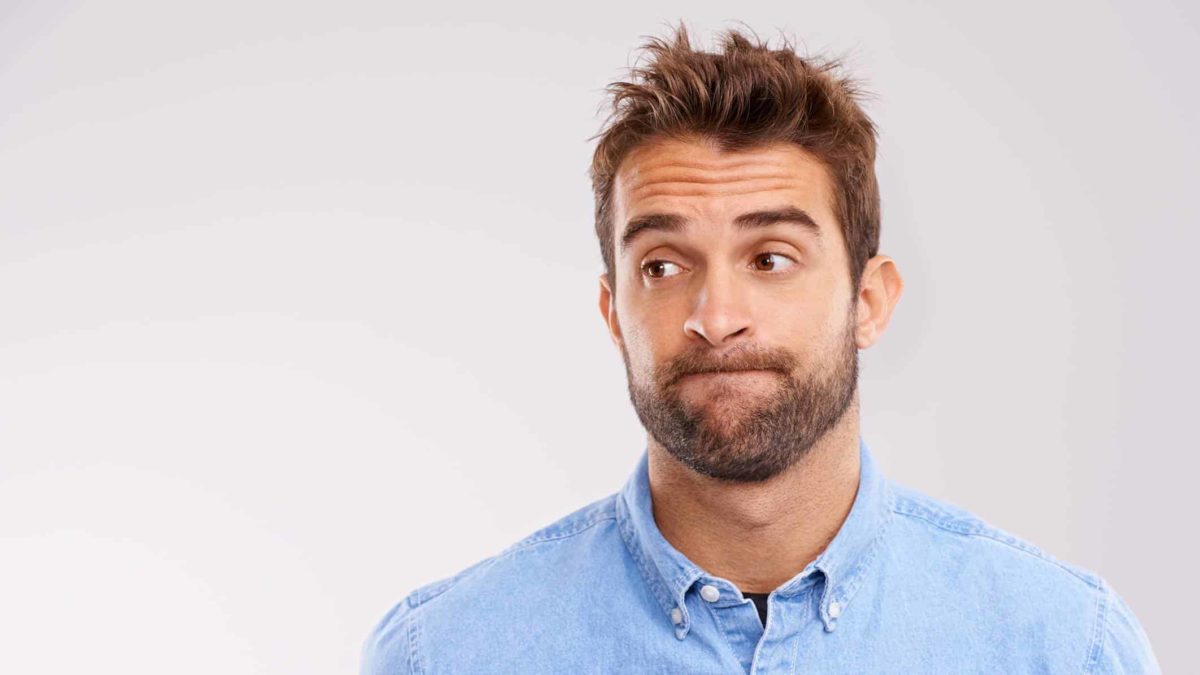
After six weeks, that’s it. The finale of Moon Knight, the latest Marvel Disney+ show, has come and gone. And after six episodes, it’s clear the show never really got going.
What was Moon Knight? Like its protagonist, the show never knew what it wanted to be. Despite the fertile storytelling ground the source material offers and the talents of its leads Oscar Isaac and Ethan Hawke, Moon Knight never quite found its focus. Tonal elements and storytelling routes are introduced and then abandoned with each episode. It left the show with a finale trying to reconcile the different stylistic and plot threads, which it only half did, abandoning the rest without resolution.
It was pretty clear from the first episode the show wasn’t going to stick to Moon Knight as the Marvel version of The Shadow or Batman, the brooding ex-killer turned rich guy who fights crime in costume at night. And it wasn’t doing the approach from recent runs with Marc Spector as the suit-wearing consultant, the guy protecting “travelers of the night” from weird crime. And that’s fine since the show introduced us all to this through Marc’s clueless other identity of Steven Grant. It’s just that after that the show didn’t stick with that, and couldn’t decide what to do next.
The show threw together a variety of premises within each episode. Was it, as it started, about Isaac’s Steven Grant dealing with the creeping realization that another identity was using his body, getting him wrapped up in globetrotting battles with a cult? Was it a riff on the 1999 version of The Mummy, with lighthearted adventure and the odd touch of mummy horror? A show about a proxy war between gods using their human puppets? Or was it just a superhero show? If you know, tell the writers—they never decided.
This isn’t to say the show was outright bad. The cast was strong and didn’t disappoint. To its credit, the show avoided some recent Marvel tendencies to rely on scene-stopping gags for humor, focusing instead on character interaction. The problem was the show never elevated itself or seemed to understand how to use its cast and source material to craft something strong.
Some of the show’s biggest cracks were evident in the final two episodes. The penultimate episode, “Asylum,” was a fantastic showcase of Oscar Isaac’s acting ability, as Steven and Marc work through their issues with each other and uncover childhood trauma. Even antagonist Ethan Hawke got to try something new as the eerily toned but well-intentioned “Dr. Harrow.” As its own episode, it was great. As the penultimate one of the series, it’s a baffling choice. It was a massive swerve in focus, and ground the wider plot to a halt, which is really saying something since the hunt for an Egyptian goddess’ tomb had been very secondhand and casual so far. Especially since the family drama and tragedy in Marc’s life had barely been hinted at, leaving any sense of catharsis in the hands of Isaac’s acting, not the writers’ script. It also had to double as an origin story, as the series was wrapping up. It finally gave a distinct identity for Moon Knight in the MCU as a protector of the night, although one that hadn’t been seen in the show proper. And it had the real Harrow’s master scheme succeeding off camera—a deeply weird choice. The finale showed that in greater detail from his perspective, but still, the week’s wait left the fifth episode as a strange bit of build up.
For a globetrotting adventure show set in the dense urban centers of London and Cairo, the whole series has felt sparse and barely populated. The seemingly epic scope the story suggests was undercut by the narrow substance. Yes, the pandemic likely impacted production. But that didn’t explain dodgy special effects, uneven pacing, and unclear style. A show called Moon Knight was hesitant to even show the titular hero, although given how clearly the costume was bad CGI maybe that’s why.
The closest the show came to a wider theme was the dread of being a puppet or servant to a god. It’s interesting and fertile ground to explore, given the presence of the Norse gods in the Marvel Cinematic Universe and the rage-against-the-heavens events of Eternals. What does it mean that these beings walk the Earth? The only one to really weigh in on that was Hawke’s villain. But that ends up being an afterthought, even when the show introduced a cadre of other avatars who didn’t really do much.
Even in its mostly solid finale, the show couldn’t wrap up its ideas. Despite better CGI and action than in the past, plus an urgency the show previously lacked, not much was really resolved. It just stops after Harrow’s defeat (reusing the blackout effects from the first episode, only instead of being clever storytelling, this time it felt like a cop out). The impact of gods fighting on Earth, the loss of various avatars, and Layla’s whole story are just… ignored. The third identity, Jake Lockley, had been teased several times but is instead saved for a predictable mid-credits scene. Really? Considering that no second season is confirmed, it’s a weird way to end the show. It’s not even really a cliffhanger, just a half-started plot.
So what was Moon Knight? If it was an attempt to pe into horror and riff on mummy and tomb stories of the past, it didn’t make the leap. The fight for control between the Marc and Steven personalities turned into banter rather than conflict relatively quickly, so it wasn’t a psychological thriller. And the wider superhero story felt like an afterthought, with the titular hero only sporadically there at best. The other Marvel Disney+ shows have at least tried to be about something, however poor the quality—looking at you The Falcon and the Winter Soldier—and had a better sense of themselves.
But if nothing else, it got us F. Murray Abraham voicing a talking bird skeleton in a suit in a limo. So there’s that.
Nicholas Slayton is a journalist based in Los Angeles covering arts and inequality. You can follow him @NSlayton.
For all the latest TV news, reviews, lists and features, follow @Paste_TV.











































































